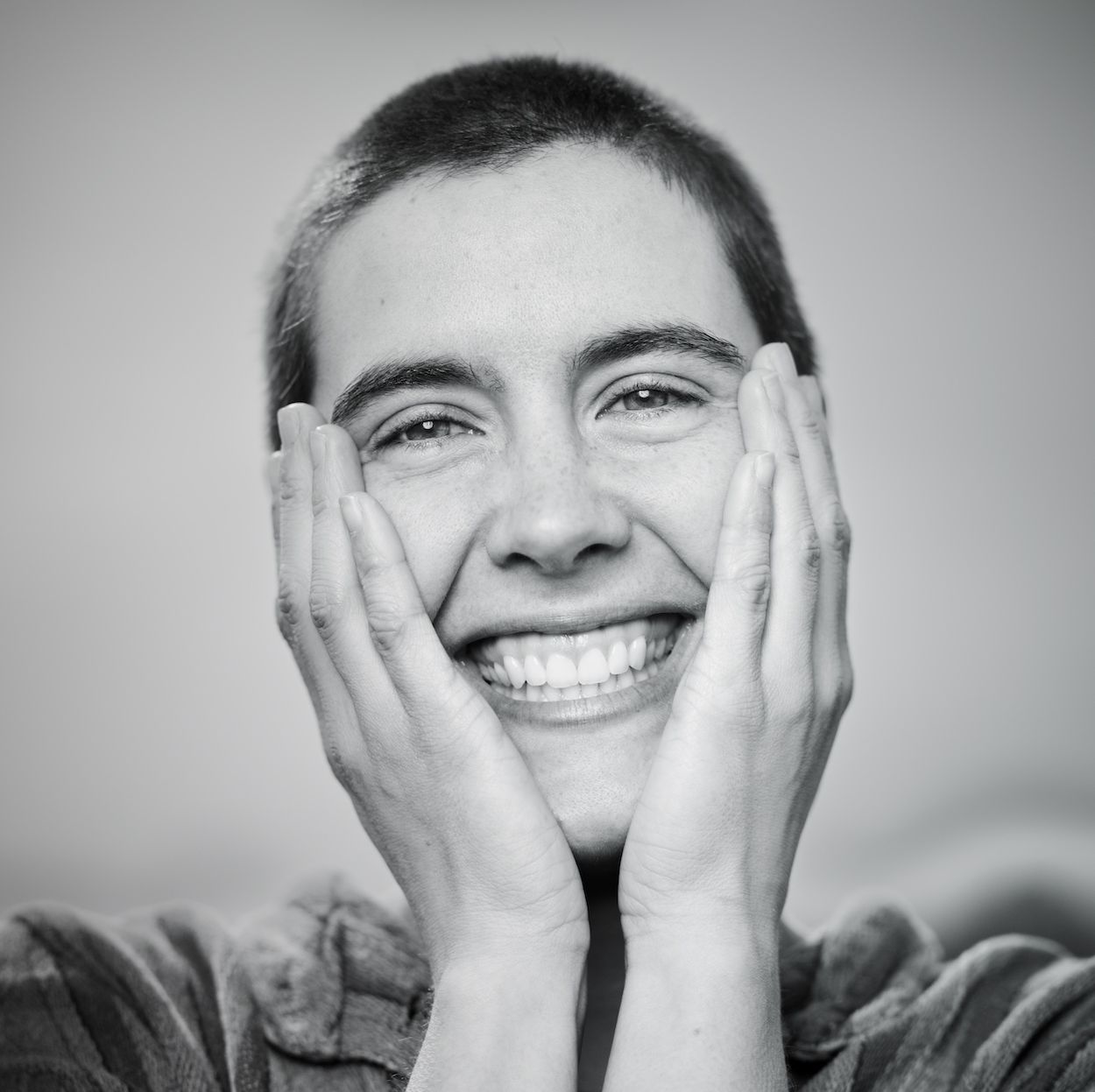
Annabel Schouten
Instrument composer & performer combines music with landscape
“Als ik naar mijn omgeving luister, heb ik het gevoel onderdeel te zijn van iets dat per definitie groter is dan ik kan bevatten.” - Annabel.
Annabel werkt aan de toekomst van muziek. Door te luisteren wil ze laten zien hoe wij mensen, onlosmakelijk verbonden zijn met de omgeving, het landschap waarin we ons bevinden.
In de voetsporen van John Cage plaatst zij vraagtekens bij wat muziek en compositie kan zijn en op wat voor manieren we deze kunstvorm kunnen aanbieden. Ze onderzoekt hoe muziek op vriendelijke en speelse wijze kan uitnodigen tot verwondering, nederigheid en ont-moeting tussen mensen onderling en mens en omgeving. Onderweg heeft zij de concertzaal verlaten om kunst te ontwikkelen waar het zonlicht als schijnwerper opereert, waar iedereen het kan tegenkomen.
During my studies I had been meaning to find out what and who I wanted to become as a professional. In the hope that by finding my profession I would be able to find out how to contribute to society - life - evolution.
I remember a very clear moment with my teacher Albert van Veenendaal in which we came to the conclusion that I wasn't able to categorize myself in a certain way. I could recognize elements of the following professions: sound artist, director, musician, artistic researcher, conceptual artist, composer, initiator, performance artist, improviser, community artist, inventor... But all of these only partly fit me. I started to realize there is power in not being able to categorize oneself: by not 'being' something I created the opportunity to be and become anything, whatever - whenever I wanted, whatever - whenever would be needed. By realizing this I could allow myself to even be or become something beyond the things that already existed. I came up with a few new titles for myself: music landscape artist, sound inventor, instrument composer
Of course these titles do not define me, I still see myself as an undefined professional, kindly leaving myself the space to think and create beyond - even my own - definitions.
After the point of no return, the conversation with Albert and the evolution it triggered in me, I began to understand that the reasons why I wanted to create were more relevant to me than what I was creating. For as the work has a value beyond the actual work itself. The work became a tool to meet nature, to meet strangers, to listen, to open and to become aware. From the moment I started to see art as a tool I noticed the things I made naturally contributed to society - life - evolution.